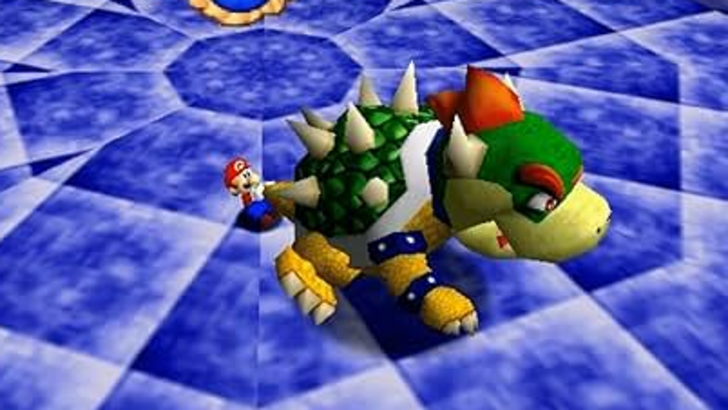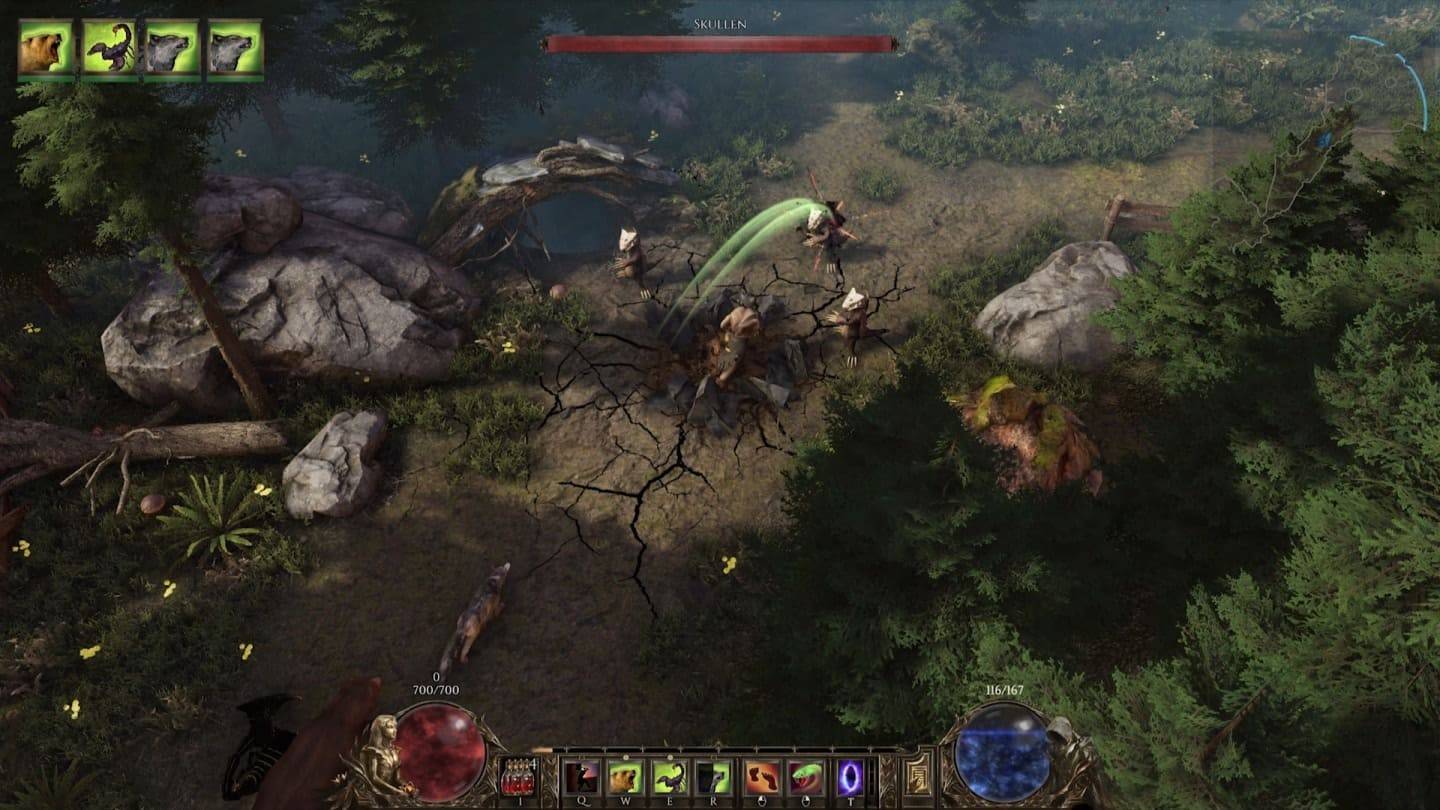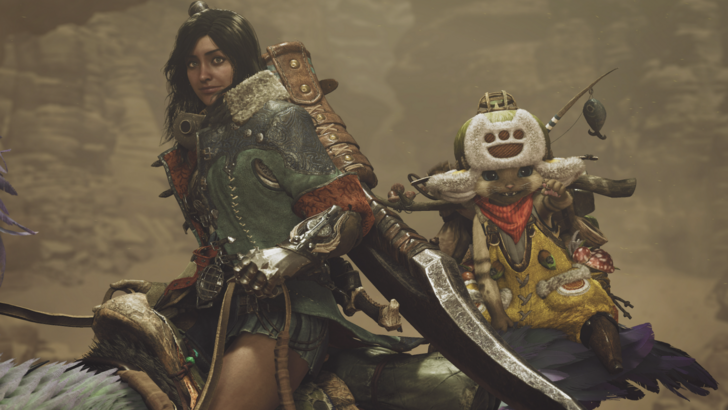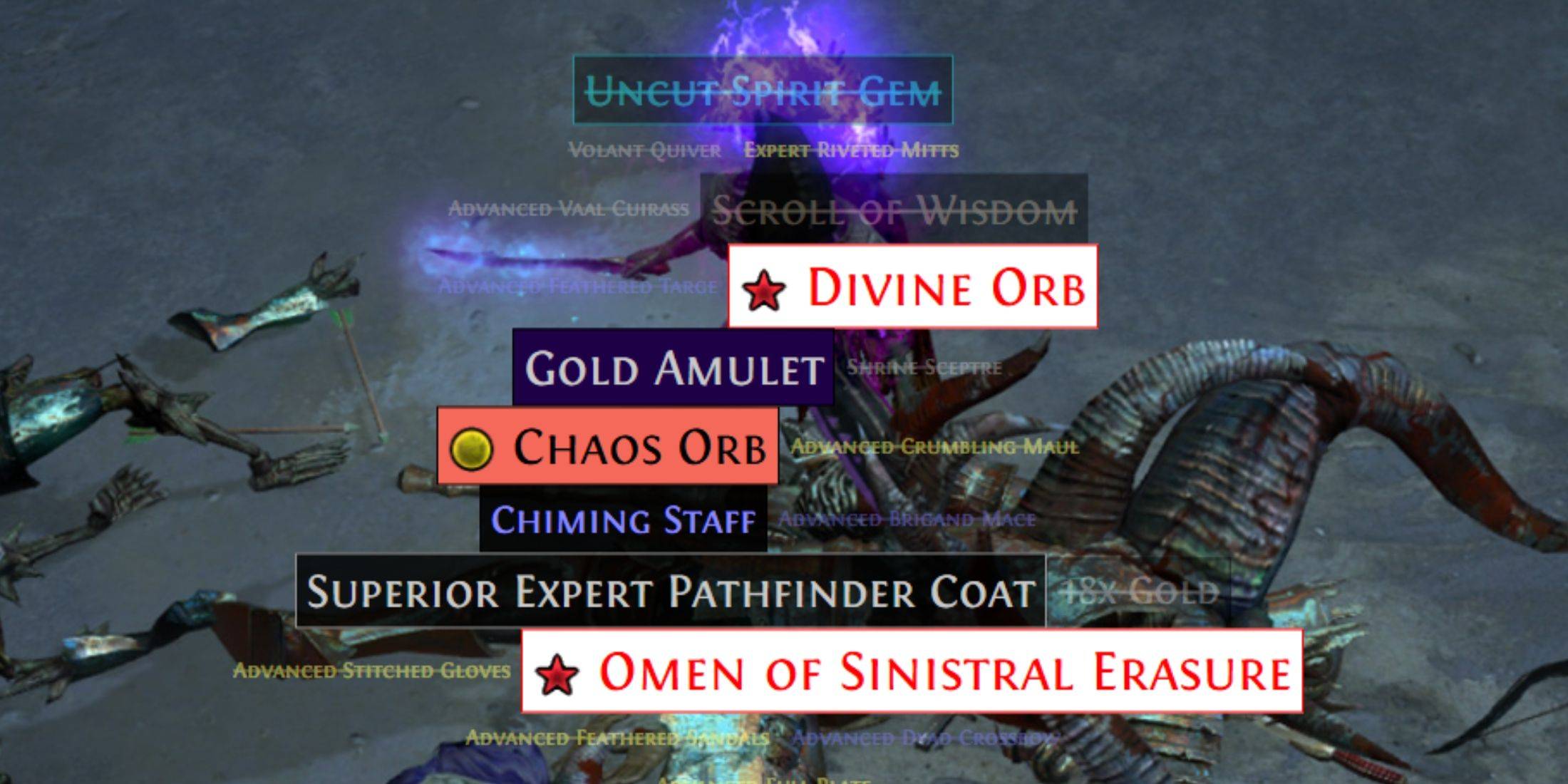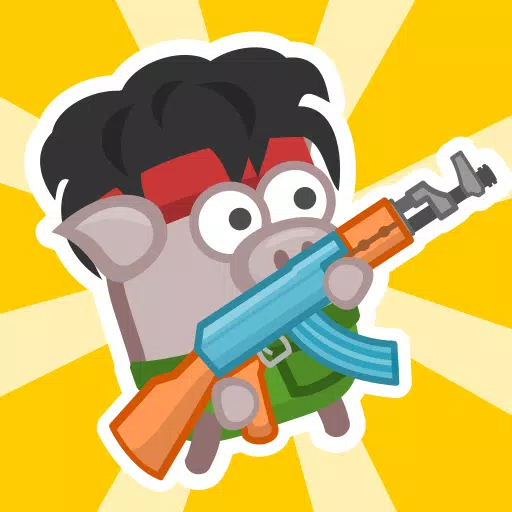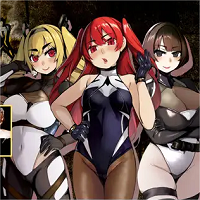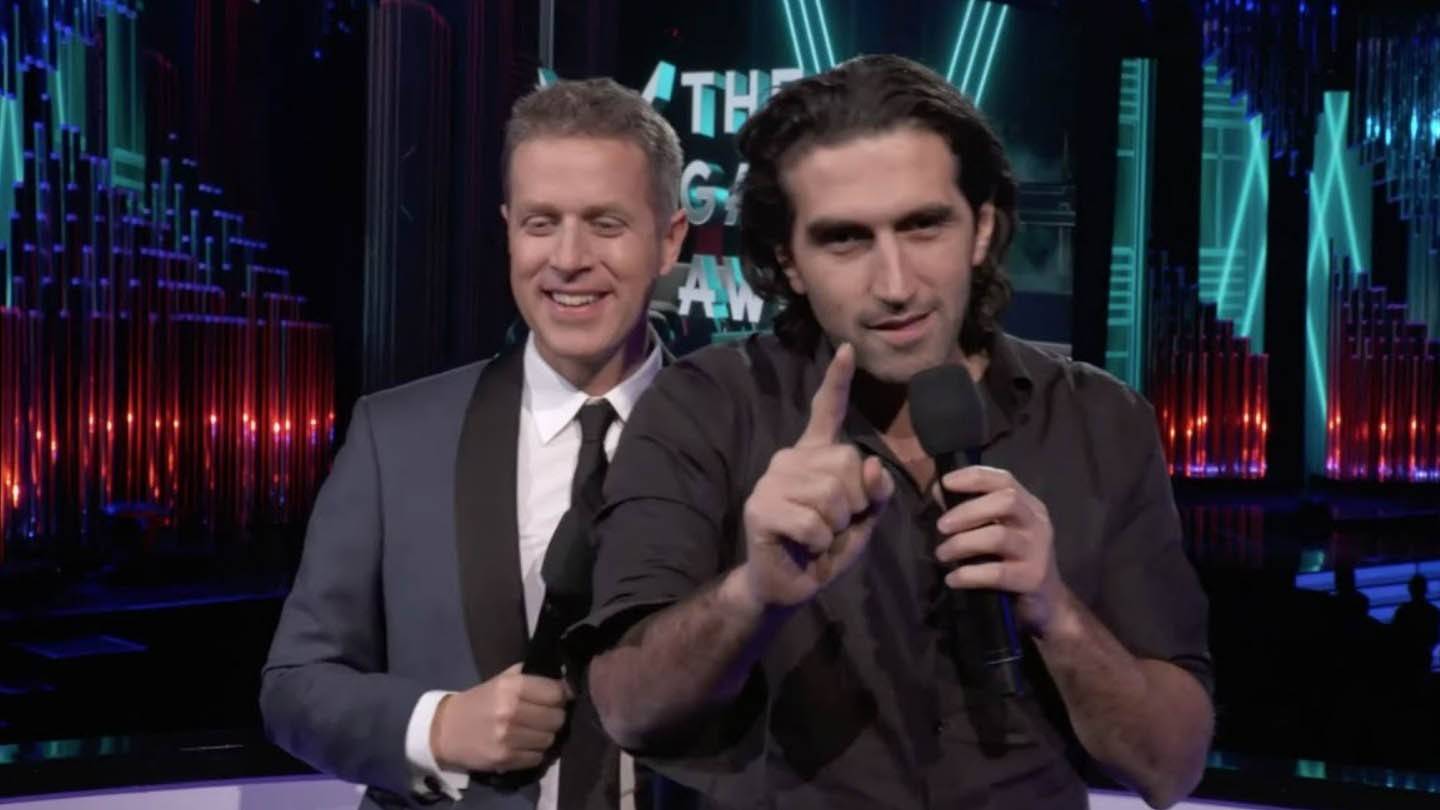
Not everyone has fully embraced the creative vision behind Split Fiction, the latest cooperative adventure from Josef Fares, the acclaimed creator behind It Takes Two. Central to the game's narrative are two female protagonists whose story has sparked both acclaim and criticism. Some vocal critics have accused the game of promoting "feminist propaganda," igniting heated debates across online platforms.
In his signature unfiltered manner, Josef Fares tackled these claims directly, offering a sharp and humorous rebuttal that underscores his dedication to storytelling over controversy.
Split Fiction revolves around two female characters navigating a deeply personal and emotional journey. While many players have lauded the game for its innovative gameplay and poignant narrative, others have criticized the choice of protagonists, labeling it as an overt attempt to push a feminist agenda.
Critics argued that featuring two women in leading roles was unnecessary or overly political. However, this backlash has been met with strong support from fans and advocates of the game, who contend that representation in media should be celebrated, not contested.
Known for his candid and often humorous responses, Josef Fares swiftly addressed the controversy, stating:
Let me tell you something: in Brother, there were two guys [as protagonists], in A Way Out—two guys, in It Takes Two—one man, one woman, and now two women, and suddenly 'everyone’s upset.' [...] I don’t care what you’ve got between your legs—good characters are what matter.
Fares' response emphasizes his commitment to crafting compelling narratives rather than engaging in ideological debates. By highlighting the importance of well-developed characters over gender dynamics, he challenges critics to focus on the depth of the story rather than its superficial aspects.
The backlash against Split Fiction mirrors broader societal debates about diversity and representation in media. For some, the inclusion of two female protagonists marks a step forward in inclusive storytelling. For others, it becomes a flashpoint for wider cultural tensions.
Games like Split Fiction often find themselves at the heart of such discussions, as they challenge norms and explore new viewpoints. While criticism is unavoidable, the overwhelmingly positive feedback from both players and critics indicates that the game’s narrative strikes a chord with a broad audience.

 Latest Downloads
Latest Downloads
 Downlaod
Downlaod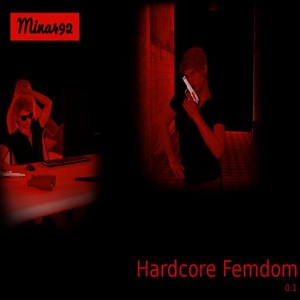


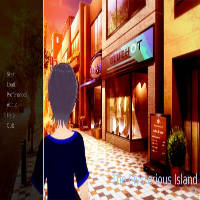
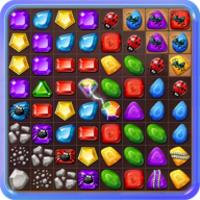
 Top News
Top News